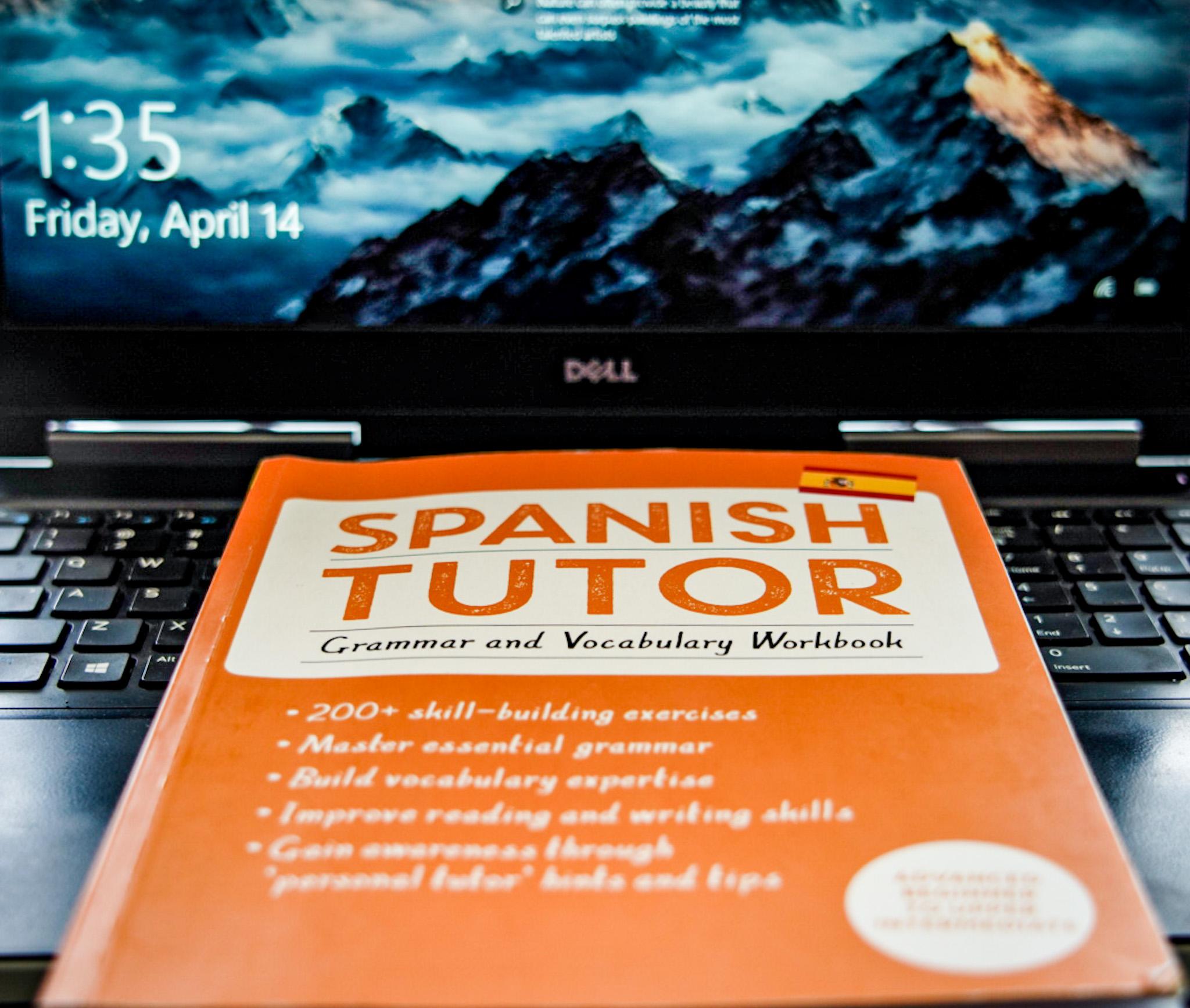In today’s fast-paced world, mental fatigue has become an all-too-common experience, leaving many of us feeling drained, overwhelmed, and disconnected. The demands of modern life, whether from work, personal responsibilities, or constant digital engagement, can weigh heavily on our mental well-being. However, there is a beacon of hope that can guide us towards a more balanced and rejuvenated state of mind: mindfulness. This ancient practice, rooted in the art of being present, offers a powerful antidote to mental fatigue by fostering awareness, reducing stress, and enhancing our overall cognitive function. In this article, we will explore the role of mindfulness in alleviating mental fatigue, offering practical insights and techniques to help you cultivate a more mindful approach to everyday life. Whether you are new to mindfulness or looking to deepen your practice, this guide aims to provide you with the tools and understanding needed to navigate the challenges of mental exhaustion with compassion and clarity.
Understanding Mental Fatigue and Its Impact on Daily Life
Mental fatigue is a common experience in today’s fast-paced world, where the demands on our cognitive resources are ever-increasing. It often manifests as a feeling of exhaustion, lack of motivation, or difficulty concentrating. This can significantly affect our daily life, leading to reduced productivity and impacting our emotional well-being. One effective strategy to combat this pervasive issue is the practice of mindfulness.
Mindfulness involves paying attention to the present moment with an attitude of openness and acceptance. This simple yet powerful practice can help mitigate the effects of mental fatigue by:
- Enhancing focus and concentration: Regular mindfulness practice trains the brain to stay focused on the task at hand, reducing the tendency to become distracted by intrusive thoughts.
- Reducing stress: By promoting relaxation and reducing stress responses, mindfulness can alleviate the mental strain that contributes to fatigue.
- Improving emotional regulation: Mindfulness helps in recognizing and managing emotions, which can prevent the emotional exhaustion that often accompanies mental fatigue.
For those looking to integrate mindfulness into their daily routine, consider starting with short, guided sessions and gradually increasing the duration as you become more comfortable. Additionally, incorporating mindful breathing or meditation breaks throughout the day can serve as a mental reset, providing a much-needed respite from cognitive overload.
| Mindfulness Practice | Duration | Frequency |
|---|---|---|
| Guided Meditation | 10-15 minutes | Daily |
| Mindful Breathing | 5 minutes | 3 times a day |
| Body Scan | 20 minutes | Weekly |

Exploring Mindfulness as a Tool for Alleviating Mental Exhaustion
Mindfulness, a practice rooted in ancient traditions, has emerged as a modern-day sanctuary for those grappling with mental fatigue. It offers a gentle yet powerful way to center oneself amidst the chaos of everyday life. By focusing on the present moment and acknowledging thoughts and feelings without judgment, mindfulness can significantly reduce the overwhelming sensation of mental exhaustion.
Here are some key benefits of incorporating mindfulness into your daily routine:
- Improved Focus: Regular mindfulness practice can enhance your ability to concentrate and stay attentive, crucial for combating mental fatigue.
- Stress Reduction: By fostering a sense of calm and relaxation, mindfulness helps in lowering stress levels, which often contribute to mental exhaustion.
- Emotional Regulation: It aids in understanding and managing emotions, preventing them from becoming overwhelming.
| Mindfulness Activity | Time Required | Potential Benefit |
|---|---|---|
| 5-Minute Breathing Exercise | 5 minutes | Immediate calming effect |
| Body Scan Meditation | 10-15 minutes | Enhanced body awareness |
| Mindful Walking | 20 minutes | Improved focus and clarity |
By integrating these practices into your lifestyle, you can create a buffer against the relentless pace of modern life. Remember, mindfulness is not about achieving a state of perpetual calm but rather about developing a resilient mindset that can gracefully navigate the ebbs and flows of daily challenges.

Practical Mindfulness Techniques to Enhance Mental Clarity
Incorporating practical mindfulness techniques into your daily routine can significantly boost your mental clarity, allowing you to tackle challenges with a refreshed perspective. Here are some effective strategies:
- Mindful Breathing: Spend a few minutes each day focusing solely on your breath. Inhale deeply through your nose, hold for a moment, and exhale slowly. This simple exercise helps center your mind and reduce stress.
- Body Scan Meditation: Take a moment to mentally scan your body from head to toe. Pay attention to any areas of tension or discomfort, and consciously relax those muscles. This practice fosters a deeper connection between your mind and body.
- Gratitude Journaling: At the end of each day, jot down three things you are grateful for. This not only enhances mindfulness but also shifts your focus from stressors to positive aspects of your life.
To understand the impact of these techniques, consider the following simple comparison:
| Technique | Benefits |
|---|---|
| Mindful Breathing | Reduces anxiety, improves focus |
| Body Scan Meditation | Increases awareness, relaxes muscles |
| Gratitude Journaling | Boosts positivity, enhances mindfulness |
Integrating these mindfulness practices into your routine doesn’t require a significant time investment but can lead to profound improvements in mental clarity and reduced fatigue. Remember, consistency is key; even a few minutes a day can make a substantial difference.

Creating a Mindfulness Routine to Sustain Long-Term Mental Well-being
Embracing mindfulness as a daily practice can significantly alleviate mental fatigue, a common byproduct of our fast-paced lives. Integrating mindfulness into your routine doesn’t have to be complex or time-consuming. Begin by setting aside just a few minutes each day for simple practices like focused breathing or mindful walking. These activities can act as powerful antidotes to mental exhaustion, helping to cultivate a sense of peace and clarity.
To sustain long-term mental well-being, consider incorporating the following mindfulness techniques into your routine:
- Body Scan Meditation: Lie down comfortably and focus on each part of your body, from head to toe, acknowledging any sensations without judgment.
- Gratitude Journaling: Spend a few moments each day writing down three things you are grateful for, fostering a positive mindset.
- Mindful Eating: Pay full attention to the taste, texture, and aroma of your food, transforming meals into a meditative experience.
| Technique | Duration | Benefits |
|---|---|---|
| Focused Breathing | 5 minutes | Reduces stress, enhances concentration |
| Mindful Walking | 10 minutes | Boosts mood, improves awareness |
| Body Scan | 15 minutes | Relieves tension, promotes relaxation |








































